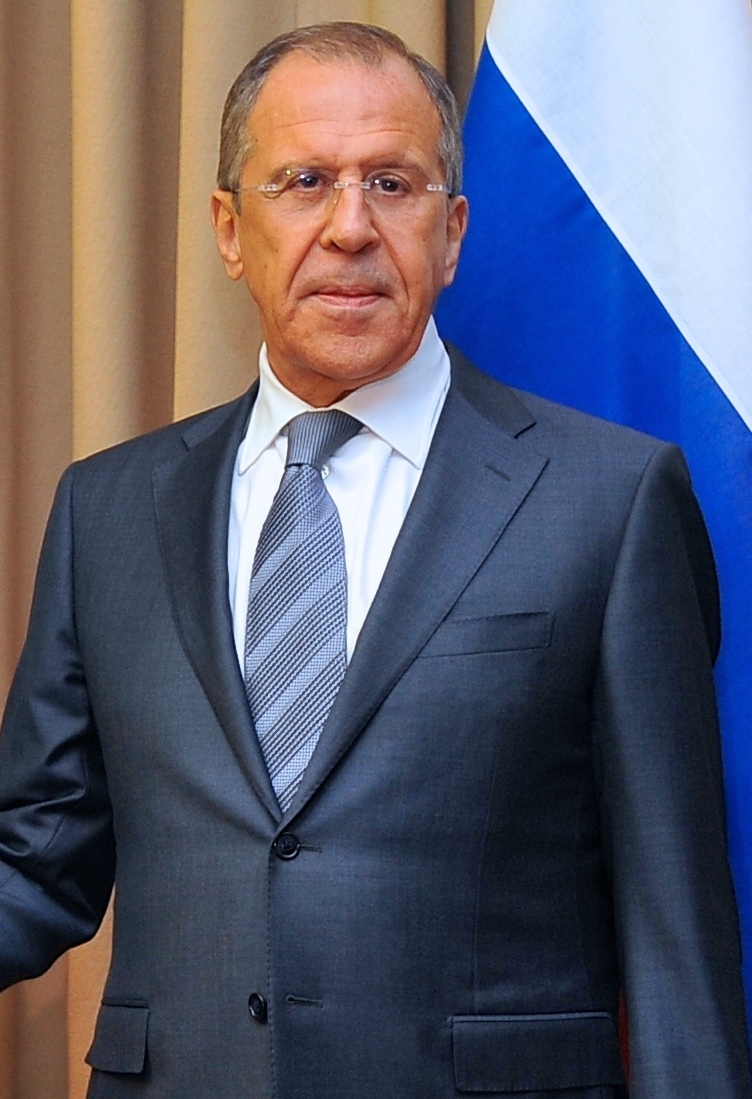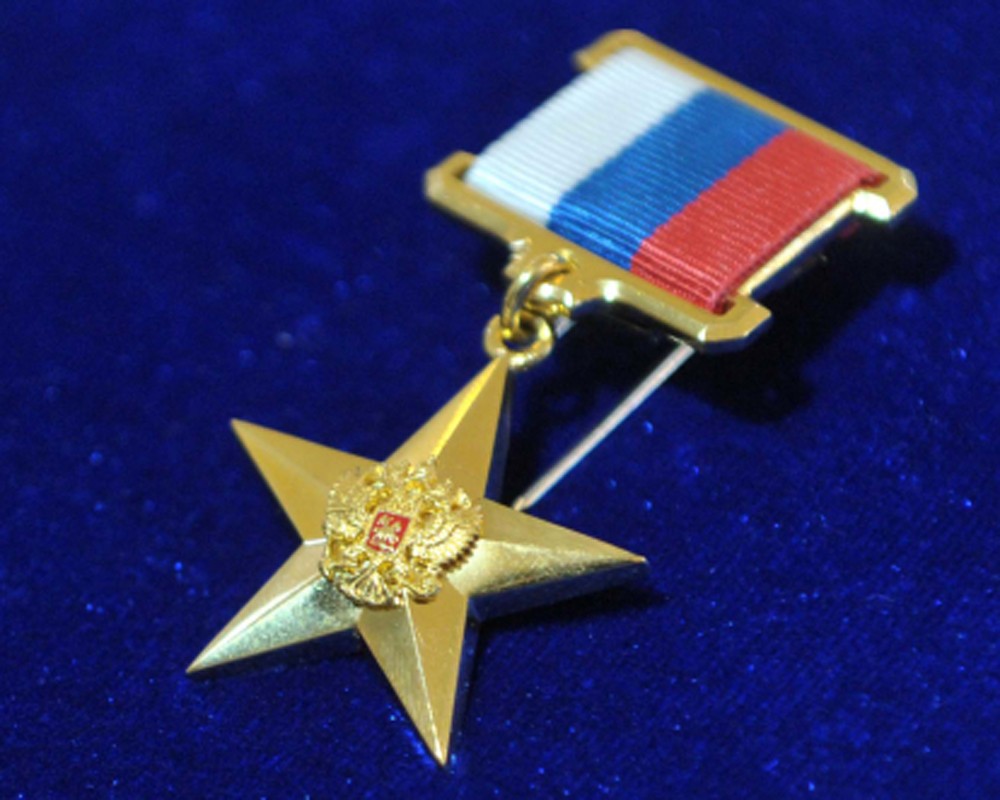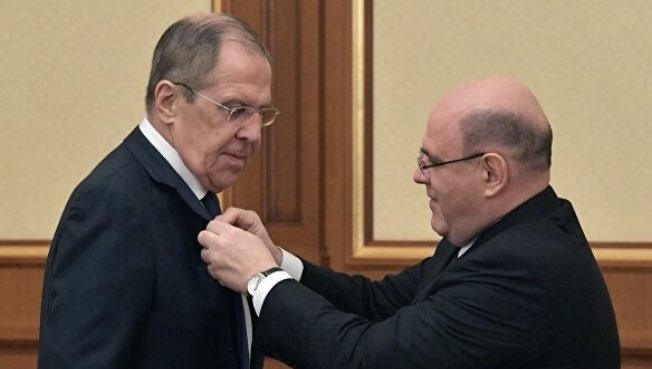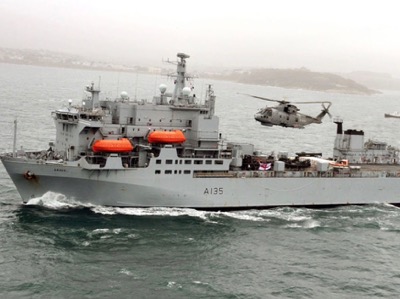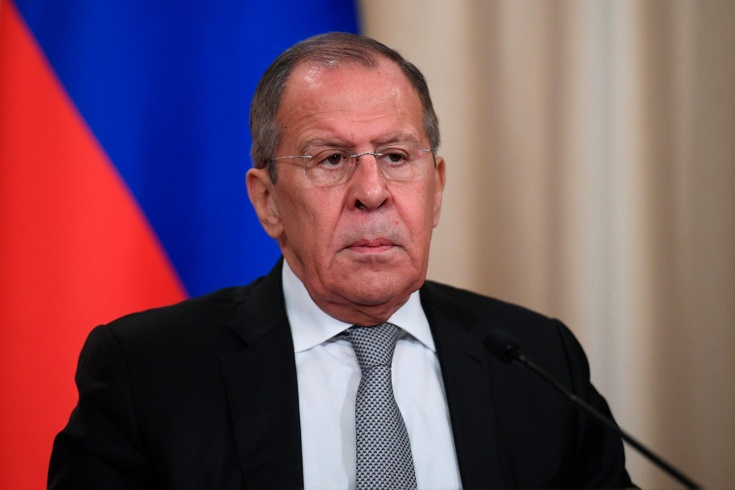angelburst29
The Living Force
March 21st - With Respect and Warm Blessings, Happy Birthday to Sergey Viktorovich Lavrov!

An album with a collection of Sergey Lavrov’s photos will go on sale on Friday on occasion of the Russian foreign minister’s 70th birthday on March 21.

The album titled “Lavrov. Emotions” is not just official archive photos but it provides a fresh angle on events of global politics through the prism of emotions of a person, who has been Russia’s top diplomat over the past 16 years. This is a story about Lavrov, his work, important people and things that make him smile.
The photos were made by veteran photographer Eduard Pesov, who worked for TASS and the Russian Foreign Ministry. The album includes more than 100 photos from the archive of the Foreign Ministry, TASS and also a number of other domestic and foreign media outlets.
The album features pictures from the foreign minister’s meetings with his colleagues and significant events in the history of bilateral relations. On one of these photos Lavrov and former US Secretary of State Hillary Clinton press the famous red reset button, and on the other the minister and his counterpart John Kerry discuss something on a bench in a park, not in a formal atmosphere in front of cameras. Another photo devoted to Russian-US dialogue is Lavrov’s handshake with US President Donald Trump.
Some photos show what relations the countries had in different period: warm and hearty pictures with colleagues from China and India, Syria and ASEAN countries and a cheerful reception in Latin American countries – Cuba and Suriname, and on the contrary, reserved photo shoots from a trilateral meeting with German and Polish counterparts.
Other photos are devoted to Lavrov’s activity as Russia’s permanent representative to the United Nations (1994-2004) and recent years when he visited New York to take part in the UN events. Some photos showed Lavrov delivering statements from the tribune, and others pictured him reading the speech before his address.
The album has photos with Lavrov when he is smoking, which are especially popular among Russians despite the country’s anti-tobacco fight. However, there are much more pictures devoted to his healthy lifestyle: a canoe slalom competition, a football match, fishing and enjoying beautiful nature.
Some 2,000 copies of the photo album will be released by the Boslen publishing house with the assistance of the Moscow State Institute of International Relations (MGIMO) Alumni Association.

Sergei Lavrov

An album with a collection of Sergey Lavrov’s photos will go on sale on Friday on occasion of the Russian foreign minister’s 70th birthday on March 21.

The album titled “Lavrov. Emotions” is not just official archive photos but it provides a fresh angle on events of global politics through the prism of emotions of a person, who has been Russia’s top diplomat over the past 16 years. This is a story about Lavrov, his work, important people and things that make him smile.
The photos were made by veteran photographer Eduard Pesov, who worked for TASS and the Russian Foreign Ministry. The album includes more than 100 photos from the archive of the Foreign Ministry, TASS and also a number of other domestic and foreign media outlets.
The album features pictures from the foreign minister’s meetings with his colleagues and significant events in the history of bilateral relations. On one of these photos Lavrov and former US Secretary of State Hillary Clinton press the famous red reset button, and on the other the minister and his counterpart John Kerry discuss something on a bench in a park, not in a formal atmosphere in front of cameras. Another photo devoted to Russian-US dialogue is Lavrov’s handshake with US President Donald Trump.
Some photos show what relations the countries had in different period: warm and hearty pictures with colleagues from China and India, Syria and ASEAN countries and a cheerful reception in Latin American countries – Cuba and Suriname, and on the contrary, reserved photo shoots from a trilateral meeting with German and Polish counterparts.
Other photos are devoted to Lavrov’s activity as Russia’s permanent representative to the United Nations (1994-2004) and recent years when he visited New York to take part in the UN events. Some photos showed Lavrov delivering statements from the tribune, and others pictured him reading the speech before his address.
The album has photos with Lavrov when he is smoking, which are especially popular among Russians despite the country’s anti-tobacco fight. However, there are much more pictures devoted to his healthy lifestyle: a canoe slalom competition, a football match, fishing and enjoying beautiful nature.
Some 2,000 copies of the photo album will be released by the Boslen publishing house with the assistance of the Moscow State Institute of International Relations (MGIMO) Alumni Association.

Sergei Lavrov

